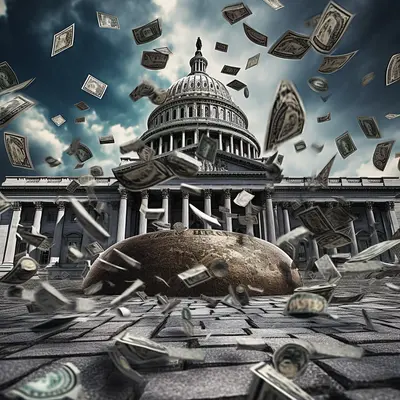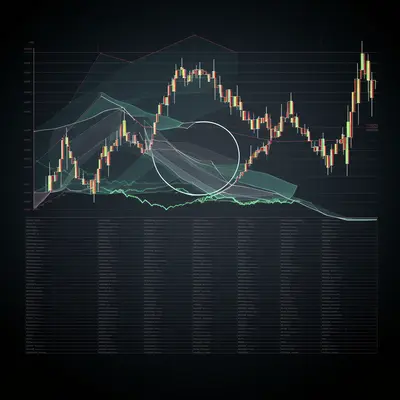Weekly trading volume on DEXs reaches $32 billion amid the FTX crisis
The shock wave from the historic crash of FTX is still being felt across the industry so far, but some segments of the market like DeFi are actually doing better thanks to the event.

According to data from blockchain analytics platform Dune Analytics, trading volume on decentralized exchanges (DEXs) has reached a whopping $32 billion in just the past seven days.

The bulk of the volume came from Uniswap, which accounted for $20.9 billion of the transactions made during the same period, resulting in the number of new users across all Uniswap web applications peaking on year 2022.
On November 8, trading volume on Uniswap more than tripled from the previous day. That was also the day Binance announced it had signed a non-binding agreement to buy back FTX for an undisclosed amount. However, in the end, Binance canceled this deal, FTX declared bankruptcy and Sam Bankman-Fried resigned as CEO shortly after. There has been a lot of information appearing that before FTX, Binance had "canceled" with many other crypto companies.
Back to the main topic, not only Uniswap, many other DEXs also announced that the trading volume doubled in just one night Binance made its key decision. Typically, Curve Finance (CRV), has grown from $700 million to $1.3 billion.
Smaller DeFi platforms also benefit. 1inch Network, an aggregation platform for various DEXs, confirmed gains across all of the platform's protocols in the 24-hour period immediately prior to the announcement. Dune Analytics data indicates that 1inch Network has hosted over $5.3 billion in volume in the past week.
The growing popularity of DEXs in recent times is not surprising considering the “biggest horror stories” of the consecutive liquidity crisis in the crypto industry, Going from the chain-busting effect of crypto lenders to the latest event around FTX, user deposits are being seriously threatened by mass withdrawal blocking.
So, how can users avoid the obvious risks of depositing their cryptocurrency with a centralized exchange? Of course the answer is very clear that at the present time is to join decentralized exchanges.
Since DEXs do not interact with banks at all, customers must own crypto assets to use them, although the customer experience is a bit more complicated than with centralized exchanges. DEX, on the other hand, provides users with a self-custodial solution. That means we can keep our keys private, and unless they are compromised, assets won't freeze and stop working.
All of the above reasons are the driving force behind why wallet tokens and DeFi protocols have skyrocketed so sharply amid many CEX exchanges suspected of lack of funds in the past week.
However, if there is one bright spot for the terrible liquidity crisis that is erupting in the market, it is that cryptocurrencies appear to be returning to core principles and reinforcing their fundamental properties. decentralization. After all, decentralization has always served as the foundation upon which cryptocurrencies were created in the first place.
FoxCryptoNews summary
Nov 15, 2022




-400-400.webp)









-400-400.webp)










